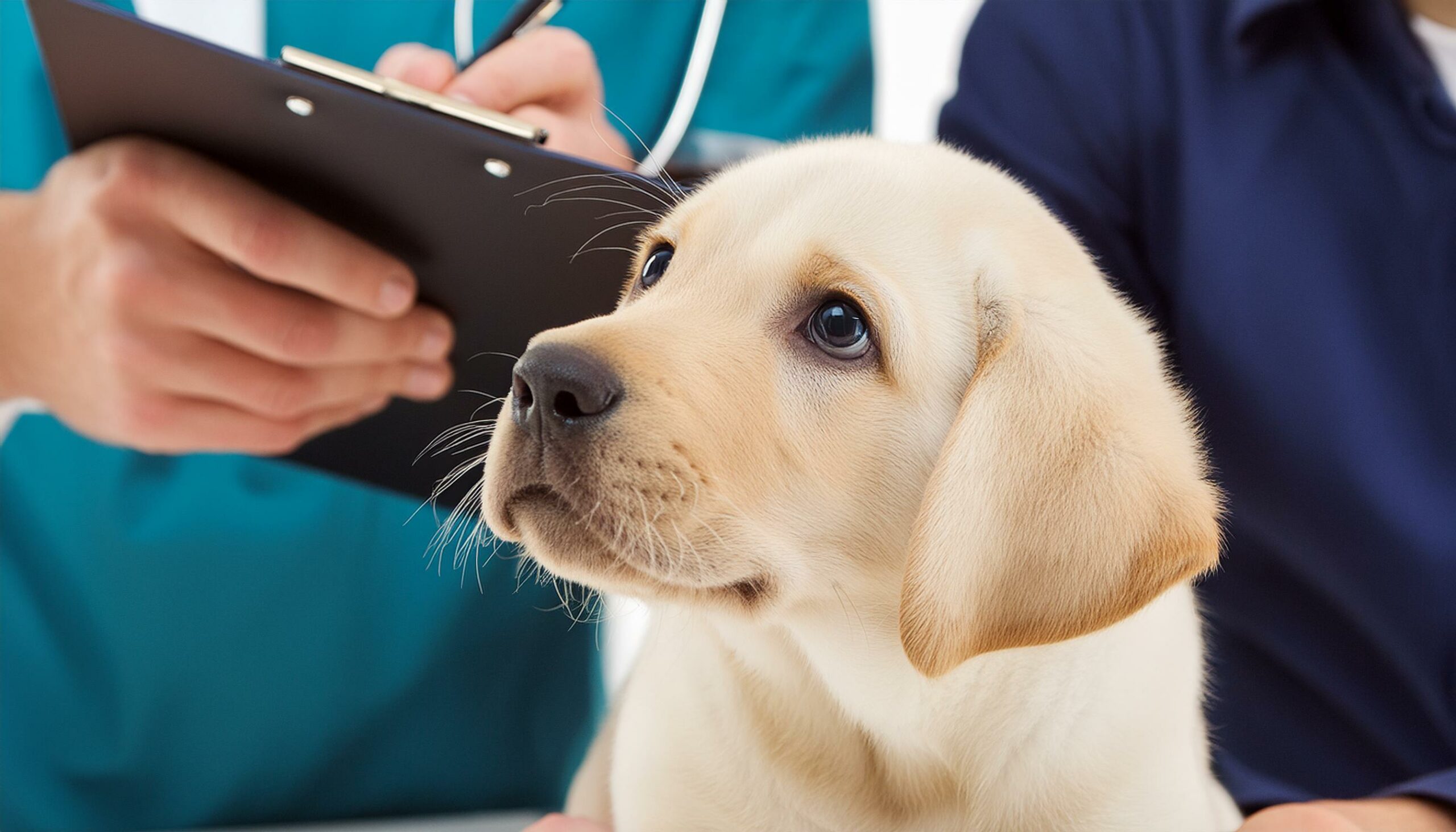Bringing a Labrador puppy into your home is an exciting experience filled with joy, companionship, and the thrill of a new family member. However, selecting the right Labrador puppy goes beyond picking the cutest one in the litter. This decision carries a significant responsibility as you’re choosing a companion who will be part of your life for the next decade or more. This article aims to guide you through the vital aspects of selecting a Labrador puppy, ensuring that your decision is well-informed and aligned with your lifestyle and expectations.
Understanding Labrador Retrievers
Labrador Retrievers hold a special place in the hearts of dog lovers around the world. Known for their friendly nature, intelligence, and versatility, Labradors excel in various roles, including search and rescue, therapy, and as service dogs. Originating from Newfoundland, not Labrador, Canada, these dogs were initially used to help fishermen retrieve nets and lost lines. Today, they are among the most popular breeds, cherished for their adaptability, obedience, and affectionate personalities.
Purpose of Your Labrador
When choosing a Labrador puppy, it’s crucial to consider what you expect from your pet. Are you looking for a family companion, a service animal, or a dog to join you in outdoor activities and sports? The role you envision for your Labrador influences the traits you should prioritize. For example, a dog that is expected to work as a therapy animal should exhibit an exceptionally calm and stable temperament, while an active family might look for a more energetic puppy.
Key Considerations Before Choosing a Puppy

Budget
Preparing a budget for your Labrador is an essential first step. The costs of ownership include initial expenses such as vaccinations, spaying/neutering, and necessary supplies like a bed, collar, and leash. Additionally, ongoing costs such as food, veterinary care, grooming, and possible training should be considered. Ensuring you can comfortably cover these expenses is crucial for the well-being of your pet.
Time Commitment
Labradors are social animals that thrive on interaction and activity. They require regular exercise, training, and companionship to stay healthy and happy. Before bringing a puppy home, evaluate whether your current lifestyle can accommodate the time commitment needed to train and care for a Labrador, especially during the formative first months.
Health Aspects to Consider
Health Certifications
A responsible breeder should provide health certifications for their breeding dogs. These certifications, assessing conditions such as hip and elbow dysplasia, heart disorders, and eye health, are crucial in predicting the long-term health of your puppy. Opting for a puppy whose parents have clear health certifications reduces the risk of costly and heart-breaking health issues later on.
Common Health Issues
Despite their robust appearance, Labradors are susceptible to certain genetic health issues, including joint problems like hip dysplasia, and progressive retinal atrophy, which can lead to blindness. Being aware of these common issues helps in early detection and management, ensuring a healthier life for your Labrador.
Temperament and Behavior

The ideal Labrador should be friendly, outgoing, and well-behaved. When visiting litters, observe how the puppies interact with their siblings and humans. This interaction provides valuable clues about their future behavior and temperament. Choose a puppy that shows confidence but is not overly dominant or shy, as these traits can be challenging to manage.
Interaction with Other Pets and Children
Labradors are renowned for their excellent behavior with children and other pets. However, temperament can vary between puppies. Observing a puppy’s reaction to noisy or chaotic environments can provide insights into how it might react to a home with children and other animals.
Physical Appearance and Traits
Coat Color and Quality
While Labradors are available in black, yellow, and chocolate, the color is a personal preference and does not influence the quality of the dog. More importantly, look for a coat that is clean, without bald patches or signs of skin irritation, which could indicate underlying health issues.
Body Structure
A healthy Labrador puppy should display a sturdy, balanced physique that suggests vitality and good health. Check for a puppy with clear, bright eyes, clean ears, and a coat that feels dense and resilient. This physical inspection helps ensure that the puppy is healthy and free of obvious physical defects or illnesses.
Choosing a Breeder
Selecting a reputable breeder is perhaps the most critical step in choosing a Labrador puppy. A good breeder will be transparent about their breeding practices and happy to share health clearances and the history of the puppy’s parents. They should also show a genuine interest in the welfare of the puppies and the suitability of prospective owners.
Questions to Ask the Breeder
When you visit breeders, prepare a list of questions to better understand their breeding philosophy and the care they provide to their dogs. Ask about the puppy’s health screenings, vaccination status, and socialization experiences. Also, inquire about the genetic history of the puppy’s parents and any health guarantees the breeder offers.
Conclusion
Choosing a Labrador puppy requires careful consideration of many factors, from health and temperament to the responsibilities of ongoing care. By understanding the breed, assessing your needs, and selecting a reputable breeder, you can ensure that the Labrador puppy you bring home is well-suited to your family and ready to embark on a happy and healthy life with you.
FAQs
What is the best age to bring a Labrador puppy home?
The ideal age to bring a Labrador puppy home is around 8 to 12 weeks. This timeframe allows the puppy to be weaned and to start socializing outside its litter.
How can I tell if a breeder is reputable?
A reputable breeder will be transparent about their breeding practices, provide health clearances for the puppy’s parents, and show a genuine concern for the welfare of their puppies.
What should I feed my Labrador puppy?
Feed your Labrador puppy a high-quality, nutritionally balanced puppy food recommended by veterinarians. Ensure it is appropriate for large breed puppies to support healthy growth.
How often do Labradors need to be groomed?
Labradors should be groomed at least once a week to maintain coat health and more frequently during shedding seasons.
What are the signs of a healthy Labrador puppy?
Signs of a healthy Labrador puppy include a playful and curious demeanor, a robust body structure, clean skin, clear eyes, and a glossy coat.
